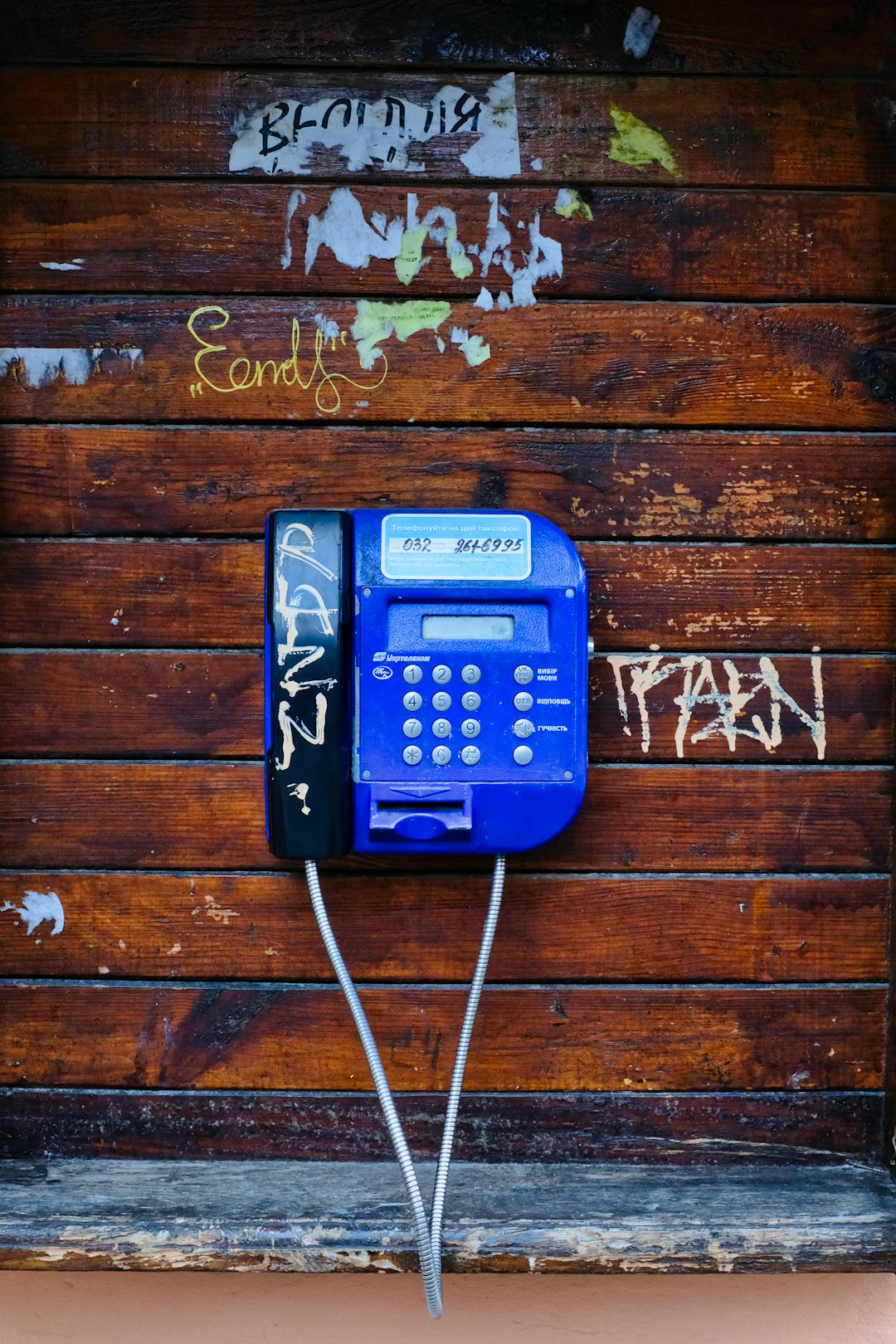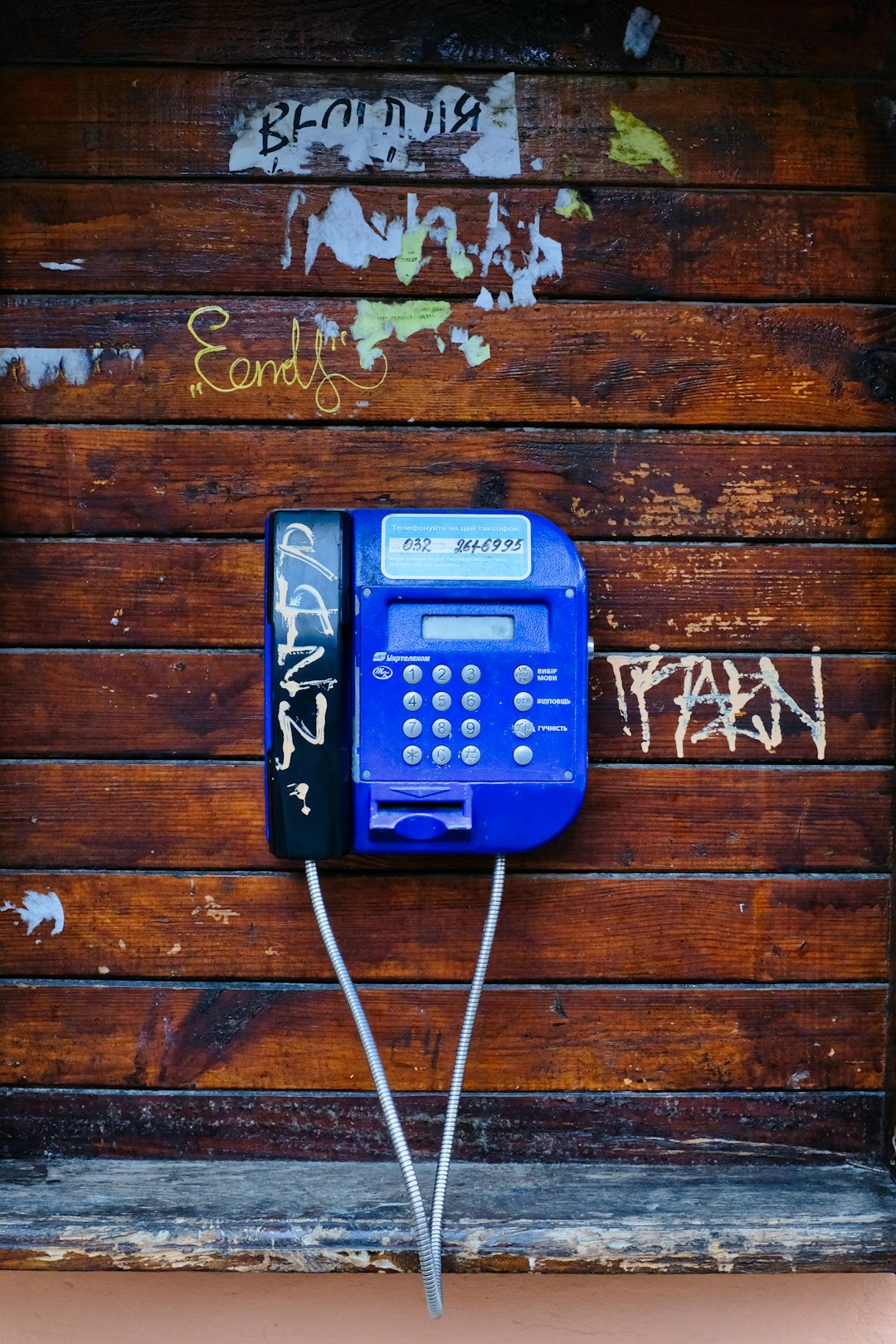Spam calls are a significant legal issue in West Virginia, with state regulations and federal guidelines, like the TCPA and TSR, protecting consumers from aggressive telemarketing. Huntington residents experiencing excessive spam calls can seek help from spam call attorneys who understand these laws. These attorneys assist in documenting evidence, filing complaints with regulatory bodies (including the FTC), and taking legal action against violators, ensuring consumer rights are respected while fostering a balanced marketing environment.
In Huntington, West Virginia, the rise of spam calls has become a persistent concern for residents. This article delves into the legal complexities surrounding unwanted telephone marketing, offering a comprehensive guide for consumers and businesses alike. We explore West Virginia’s consumer protection laws targeting spam calls and the crucial role of the Federal Trade Commission (FTC) in regulation. Understanding these aspects is key for victims to access legal remedies and strategize against pervasive spam call practices with the aid of experienced spam call attorneys in West Virginia.
Understanding Spam Calls and Their Legal Implications in West Virginia

Spam calls, a ubiquitous and often irritating phenomenon in today’s digital age, have specific legal implications in West Virginia. These unsolicited telephone marketing calls, typically promoting products or services, are regulated to protect consumers from invasive and deceptive practices. West Virginia law considers spam calls as a form of consumer protection issue, with strict guidelines governing the manner in which businesses can contact potential customers.
In Huntington, West Virginia, individuals who experience frequent or unwanted spam calls have legal recourse through specialized spam call attorneys. These professionals are equipped to navigate the complex regulatory landscape surrounding telemarketing practices and can assist consumers in asserting their rights. Understanding the legal aspects of spam calls is crucial for both businesses operating within West Virginia and residents seeking relief from nuisance calls, ensuring a more regulated and consumer-friendly environment.
Consumer Protection Laws Against Unwanted Telephone Marketing in Huntington

In Huntington, West Virginia, consumers are protected from unwanted telephone marketing and spam calls by a robust framework of consumer protection laws. These regulations aim to safeguard residents from intrusive and deceptive telemarketing practices. The Telephone Consumer Protection Act (TCPA) is a federal law that plays a significant role in curbing spam calls. It imposes strict rules on businesses engaging in automated or prerecorded phone calls, ensuring prior consent from recipients. Local state laws also complement these federal protections.
Spam call attorneys in West Virginia assist residents in navigating these legal complexities and holding accountable those who violate consumer rights. If you’ve received unwanted spam calls, understanding your rights under the TCPA and relevant state laws is crucial. These legal measures empower consumers to take action against persistent spam callers, ensuring a quieter and more secure telephone experience.
The Role of the Federal Trade Commission (FTC) in Regulating Spam Calls

The Federal Trade Commission (FTC) plays a pivotal role in regulating and combating spam calls across the United States, including West Virginia. As a key player in consumer protection, the FTC has established guidelines and laws aimed at curbing unsolicited phone marketing practices that fall into the category of spam. They enforce the Telemarketing Sales Rule (TSR), which sets restrictions on how businesses can contact consumers by telephone for the purpose of selling or promoting goods or services.
Spam call attorneys in West Virginia often refer clients to the FTC’s enforcement actions and guidelines, which serve as a roadmap for what constitutes acceptable telemarketing behavior. The FTC has the authority to investigate complaints, issue warnings, and even take legal action against companies engaging in abusive or deceptive spam calling practices. They work to protect consumers’ rights by ensuring that businesses adhere to privacy laws and respect consumer choices regarding marketing communications.
Identifying and Documenting Illegitimate Call Practices

In the battle against spam calls, one of the critical steps is identifying and documenting illegitimate call practices. Huntington, West Virginia residents often face an influx of unwanted telephone marketing calls, which can range from pre-recorded messages to live sales pitches. Spam call attorneys in West Virginia play a pivotal role in helping individuals navigate this complex issue. They assist in uncovering patterns and evidence of illegal telemarketing activities, such as repeated calls despite being on the Do Not Call list or using automated systems without prior consent.
Attorneys specializing in spam calls in West Virginia employ various methods to gather and document these practices. This includes analyzing call records, identifying caller IDs, and examining the content of messages. By compiling detailed logs and preserving evidence, these attorneys empower their clients to take legal action against perpetrators. Such documentation is crucial when filing complaints with regulatory bodies or initiating legal proceedings to stop these intrusive and often fraudulent calls.
Legal Remedies and Strategies for Victims of Spam Calls in West Virginia

Victims of spam calls in West Virginia have several legal remedies and strategies at their disposal. The first step is to document the calls, including recording any conversations if allowed by state law, and keeping a log of the dates, times, and sources of the unwanted calls. This evidence can be crucial when filing a complaint with the Federal Trade Commission (FTC) or reporting the issue to local authorities. The FTC has strict regulations against spam calls, and victims can file a formal complaint through their website, which may lead to legal action against the perpetrators.
In West Virginia, there are also state laws in place to protect consumers from telemarketing fraud and abuse. These laws provide additional avenues for relief, including the ability to sue for damages or seek injunctive relief. Engaging the services of spam call attorneys in West Virginia who specialize in such cases can be beneficial. These legal professionals can guide victims through the process, help them understand their rights, and fight for their compensation or cessation of the unwanted calls.






